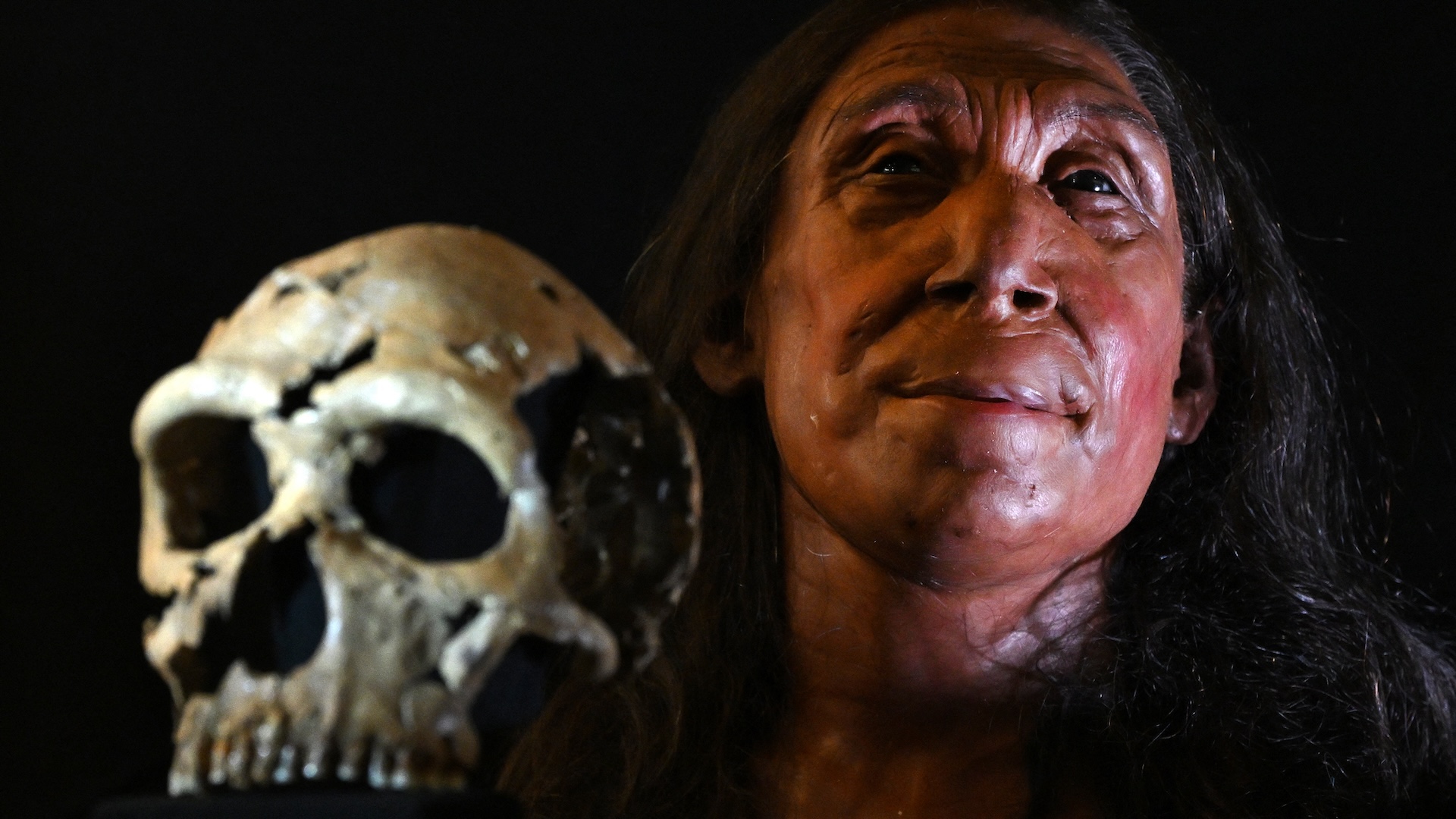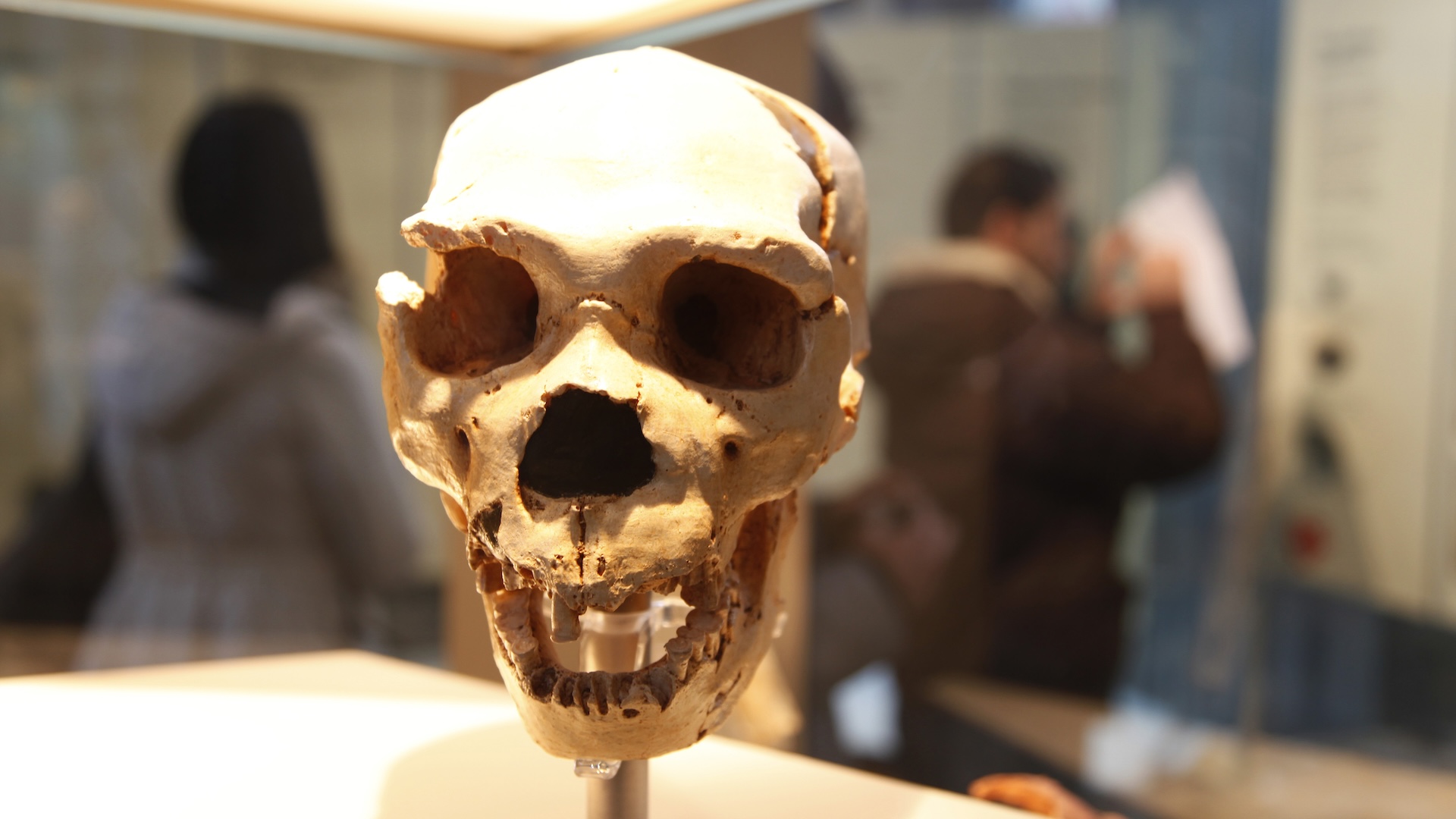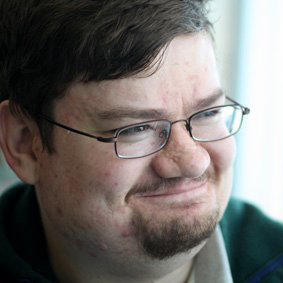Did Neanderthals have religious beliefs?
Whether Neanderthals had religious beliefs is a subject of ongoing debate.

Get the world’s most fascinating discoveries delivered straight to your inbox.
You are now subscribed
Your newsletter sign-up was successful
Want to add more newsletters?

Delivered Daily
Daily Newsletter
Sign up for the latest discoveries, groundbreaking research and fascinating breakthroughs that impact you and the wider world direct to your inbox.

Once a week
Life's Little Mysteries
Feed your curiosity with an exclusive mystery every week, solved with science and delivered direct to your inbox before it's seen anywhere else.

Once a week
How It Works
Sign up to our free science & technology newsletter for your weekly fix of fascinating articles, quick quizzes, amazing images, and more

Delivered daily
Space.com Newsletter
Breaking space news, the latest updates on rocket launches, skywatching events and more!

Once a month
Watch This Space
Sign up to our monthly entertainment newsletter to keep up with all our coverage of the latest sci-fi and space movies, tv shows, games and books.

Once a week
Night Sky This Week
Discover this week's must-see night sky events, moon phases, and stunning astrophotos. Sign up for our skywatching newsletter and explore the universe with us!
Join the club
Get full access to premium articles, exclusive features and a growing list of member rewards.
Neanderthals left behind various clues about their enigmatic lives. But less is known about their spiritual sides. Some archaeologists and anthropologists believe these early humans, who disappeared more than 30,000 years ago, may have engaged in what could be deemed ritualistic or sacred activities.
For instance, we know that Neanderthals buried their dead, accumulated animal skulls in caves for seemingly symbolic purposes, created rock art and etched symbolic drawings on bear bones. They also removed feathers from birds, possibly for use as adornments, and likely made use of eagle talons as pendants. At times, they engaged in cannibalism, leading to speculation among scholars as to whether it was done for ritual reasons.
All this and more hints that Neanderthals engaged in ritualistic practices. And it brings about the question: Did Neanderthals have religious beliefs?
Experts have a mix of different opinions, Live Science learned. Part of that depends on how "religion" is defined.
Definitions of "religion" vary, but often include beliefs in supernatural beings, such as deities, and organized practices done to interact with them. But were Neanderthals capable of this?
"If by 'religion' we mean ritual behaviors directed at supernatural agents then yes I believe Neanderthals were religious," Patrick McNamara, a neurology professor at Boston University's School of Medicine who has conducted extensive research into the evolution of the human brain and the neuroscience of religion, told Live Science in an email. "Their religious beliefs and behaviors were very likely close to what we call 'shamanism' — a visionary form of religious experience."

Sign up for our weekly Life's Little Mysteries newsletter to get the latest mysteries before they appear online.
There is now "very good evidence that they practiced ritual cannibalism and that they buried their dead and that made a ritual practice — like Shamans do — of traversing deep cave environments and constructing ritual 'altars' of circular or arranged skulls," McNamara said.
The altar-like formation of arranged skulls is particularly compelling, he noted.
"I also believe that the Neanderthals practiced what we call 'Bear ceremonialism' and worshiped the Bear as a divinity," he said, noting that "there are several Neanderthal-related archaeological sites with Bear skulls arranged in ritual altars in caves etc."
Other scholars said that while Neanderthals may have had religious experiences of some kind, these would have been different from those that Homo sapiens have today. Robin Dunbar, a professor emeritus of evolutionary psychology at the University of Oxford, told Live Science in an email that "I don't think they had religious beliefs in the sense we do."
Dunbar doesn't believe that their ability to mentalize — understand the emotional state of yourself and others — would have been sophisticated enough to develop a religion in the same way that people do today, with different sets of belief systems that have their own theologies.
However, Neanderthals likely had religious experiences on some level, possibly in "experiences of mystery and magic, and a deep sense of engagement," Dunbar said. "You don't need a theology for this, but the experience is very real."

Margaret Boone Rappaport, an anthropologist who co-wrote the book "The Emergence of Religion in Human Evolution" (Routledge, 2020), told Live Science in an email that while Neanderthals "may have engaged in some forms of ritual, they likely did not possess the specific advanced neurocognitive capacity for a complex, modern human-like religion or 'theological thinking.'"
One section of the human brain that is important for religion is the precuneus. It's an area of the brain associated with memory retrieval and how one sees and perceives the outside world, a 2006 paper published in the journal Brain noted. Religious belief also registers a larger signal in the precuneus, among other brain regions, in religious people compared with nonreligious people, a 2019 review noted.
Neanderthal brain architecture was different from that of modern-day Homo sapiens, and "the lack of expansion in the precuneus, suggests that Neanderthals did not have the cognitive abilities for the 'imagined spaces and beings' essential to human theologies," Rappaport said.
Karel Kuipers, an archaeologist and doctoral candidate at Leiden University in the Netherlands whose research focuses on Neanderthals and how we research them, said we don't know if Neanderthals had religious beliefs.
"It's very difficult to see how they viewed the world," Kuipers told Live Science. We have to be careful about assigning a spiritual context to Neanderthal behavior, he said. For instance, while people today might associate the burial of the dead with a funeral and religion, it's possible that for Neanderthals it might have just been a practical way of disposing of a decomposing body.
Neanderthal quiz: How much do you know about our closest relatives?

Owen Jarus is a regular contributor to Live Science who writes about archaeology and humans' past. He has also written for The Independent (UK), The Canadian Press (CP) and The Associated Press (AP), among others. Owen has a bachelor of arts degree from the University of Toronto and a journalism degree from Ryerson University.
You must confirm your public display name before commenting
Please logout and then login again, you will then be prompted to enter your display name.
 Live Science Plus
Live Science Plus











